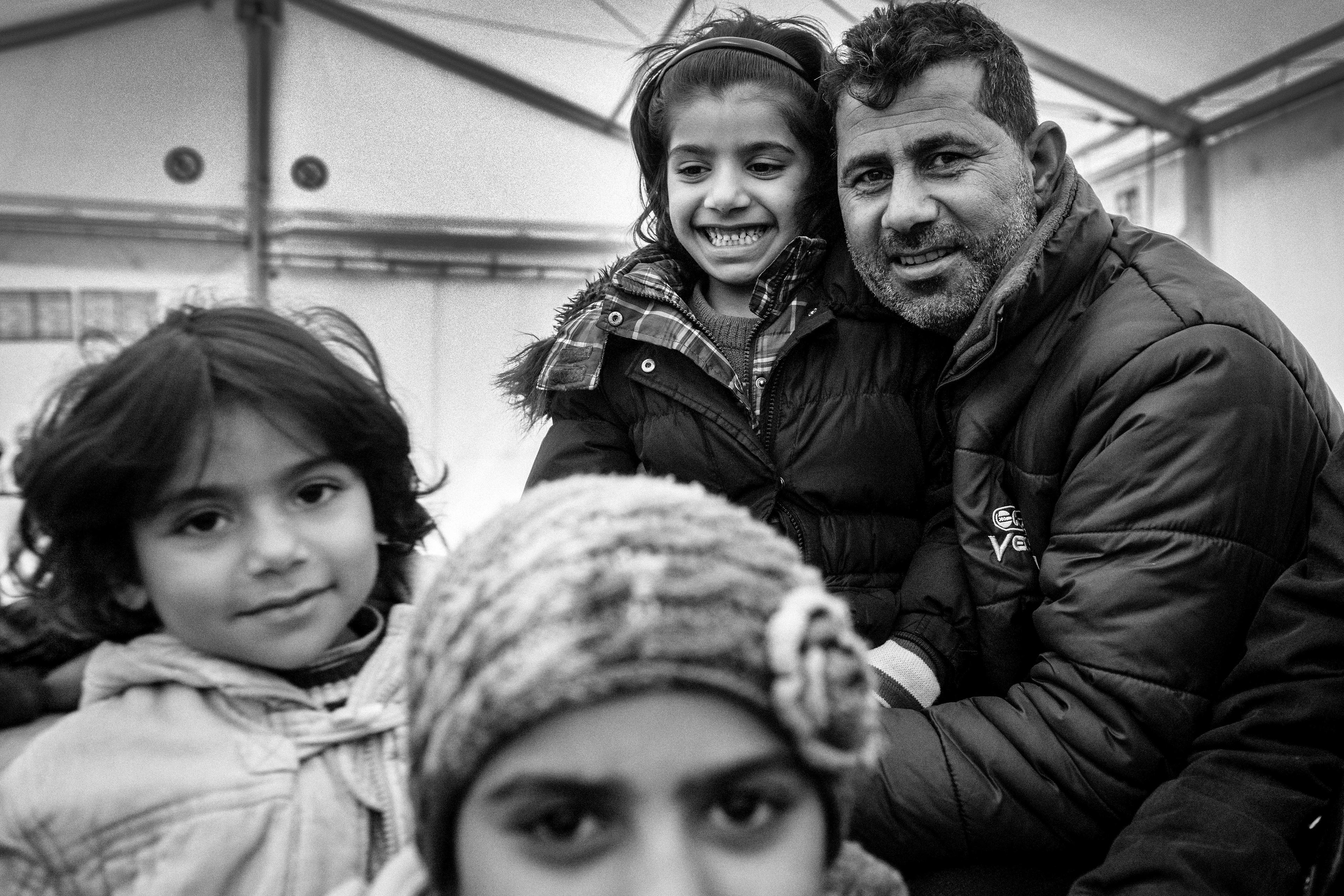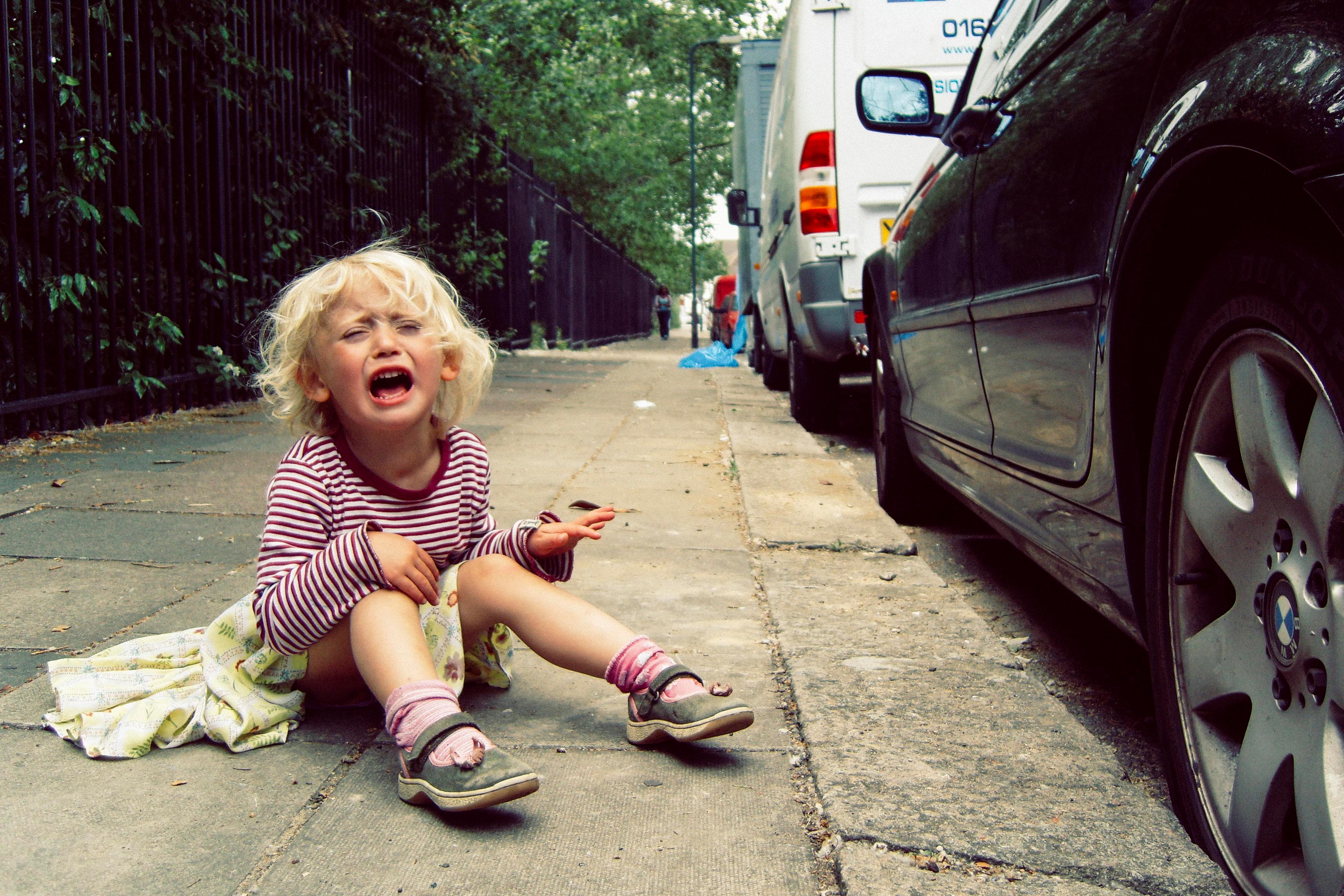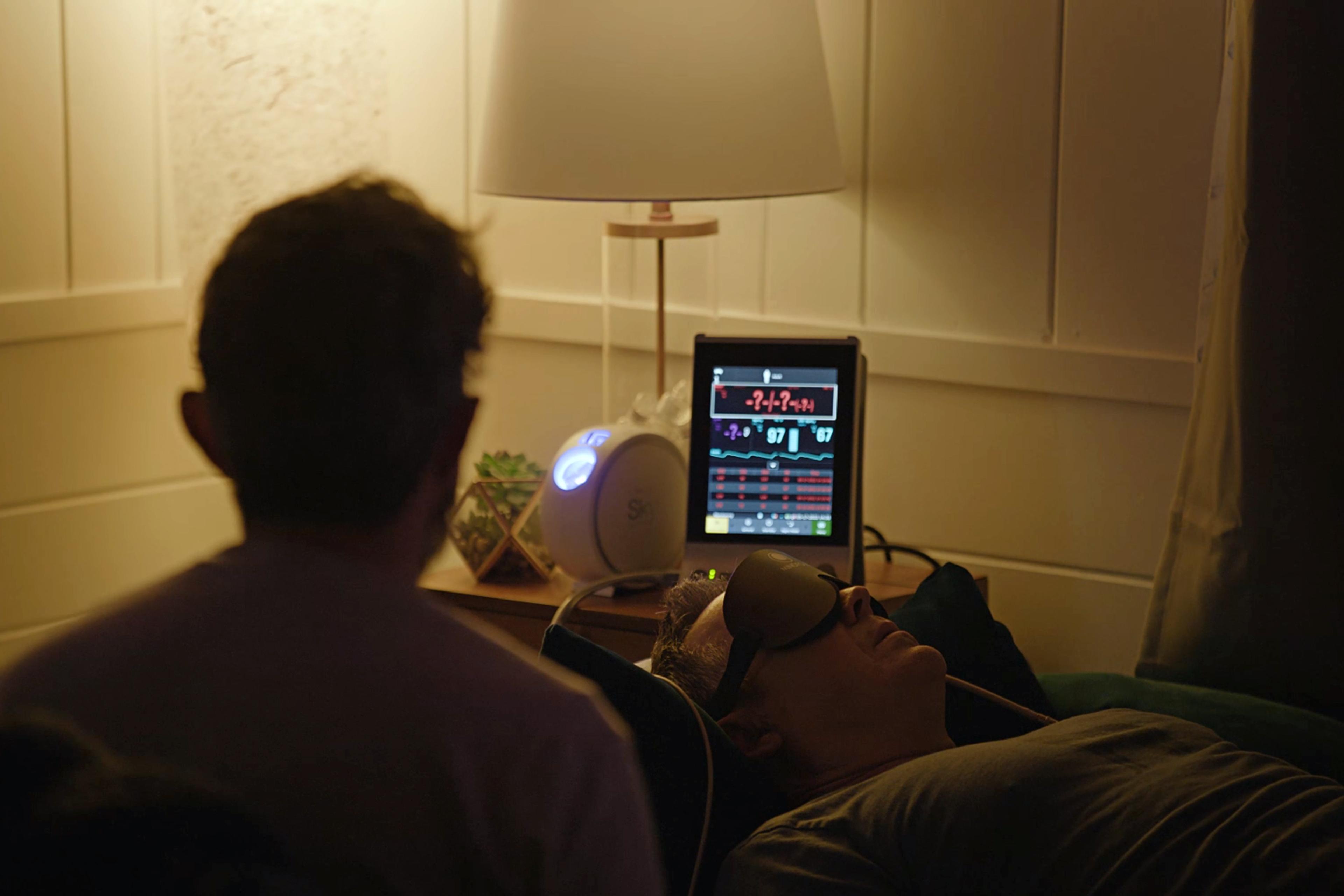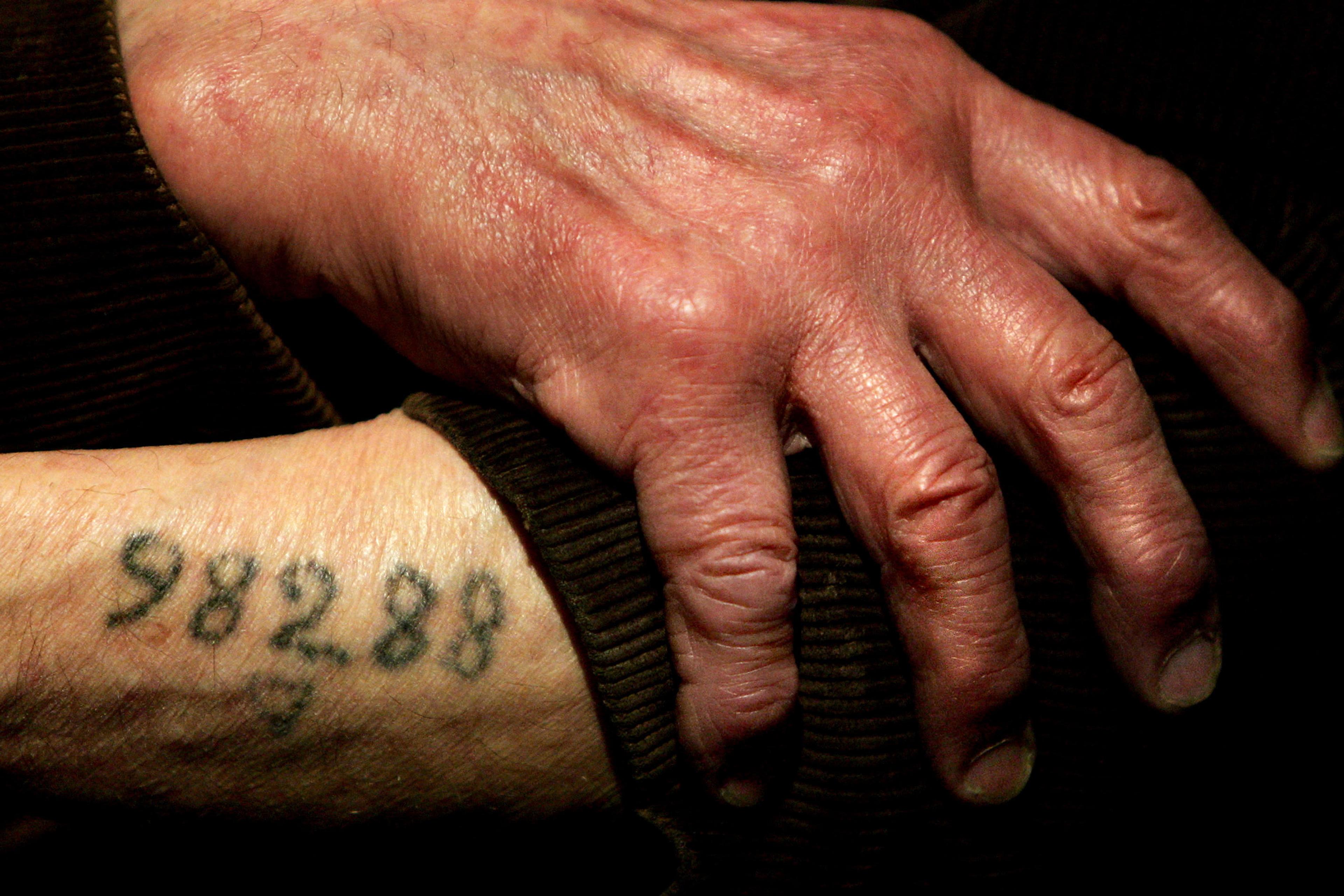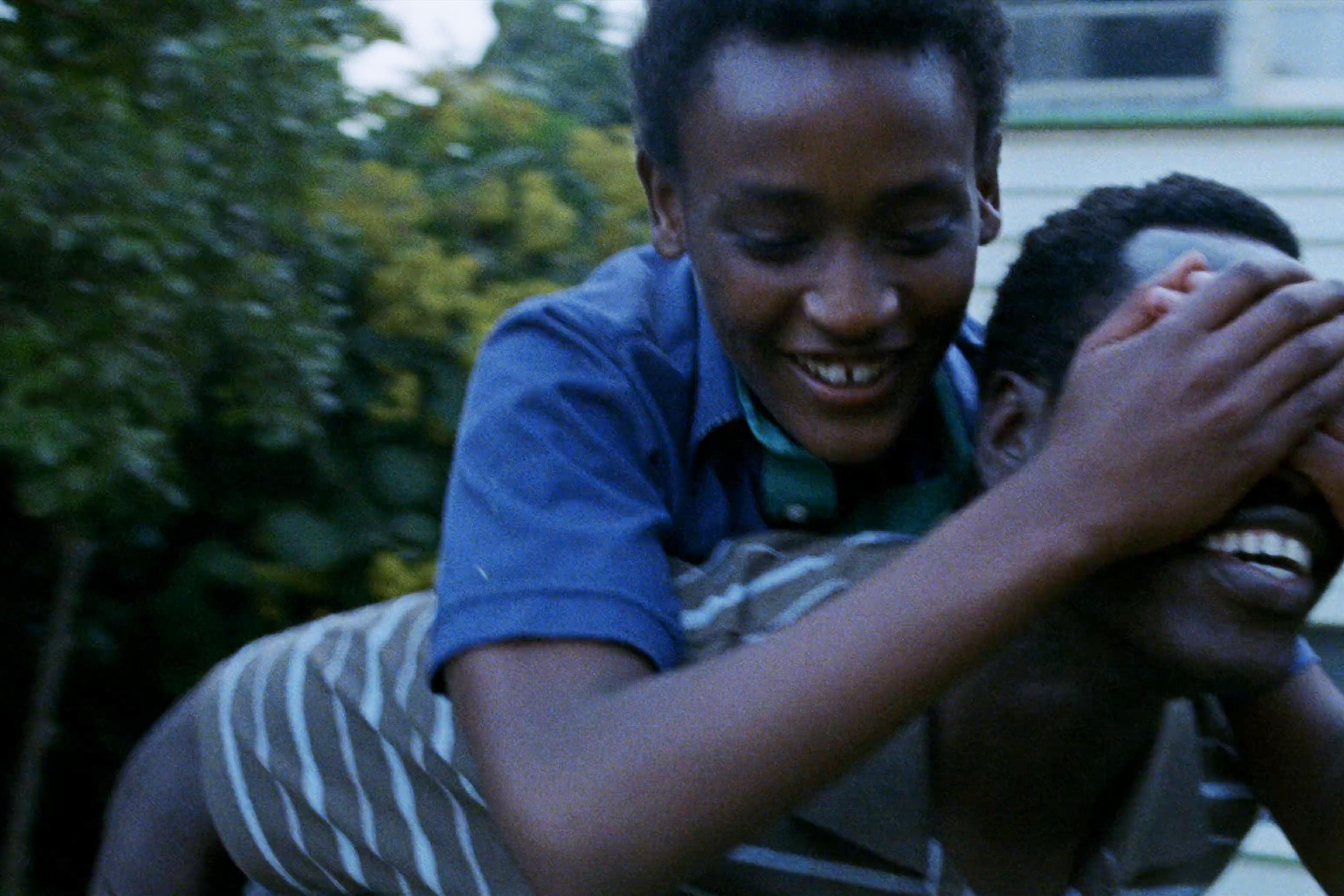For children living with extraordinary trauma, research shows that time simply doesn’t heal all wounds. Rather, if the trauma goes unaddressed, the worst moments of their lives will continue to reverberate, leaving them to detect threats even when they’re in safe environments. More than just painful, this post-traumatic stress leaves them at risk of falling behind in their education or dropping out of school altogether.
No one understands these difficult facts better than Jon-Håkon Schultz. As a professor of educational psychology at UiT The Arctic University of Norway, he immerses himself in and teaches the latest research into childhood trauma. And, having developed techniques used by the Norwegian Refugee Council to help children traumatised by war and displacement, he frequently travels abroad, training educators to teach simple yet effective coping skills, like breathing exercises. Through these interventions, children learn to manage their overwhelming emotions, including post-traumatic nightmares, and are given a better chance of finishing their education.
Reclaiming the Night follows Schultz on a research trip from his university work in Tromsø, Norway to Beirut, Lebanon. There, Schultz meets with children displaced by war and the educators who’ve been trained to help them move forward. This includes a Syrian child who’s witnessed unspeakable acts of brutality committed by the Islamic State, and had her trauma exacerbated by the Port of Beirut explosion in August 2020.
In his moving short documentary, the British director Daniel Benjamin Wheeler, who is based in Beirut, captures childhood trauma as both a relatively new field of academic study and an all-too-common lived experience for many children around the world. In doing so, he also builds a nuanced portrait of Schultz as someone who must balance his drive to help war-traumatised children with his own wellbeing.
